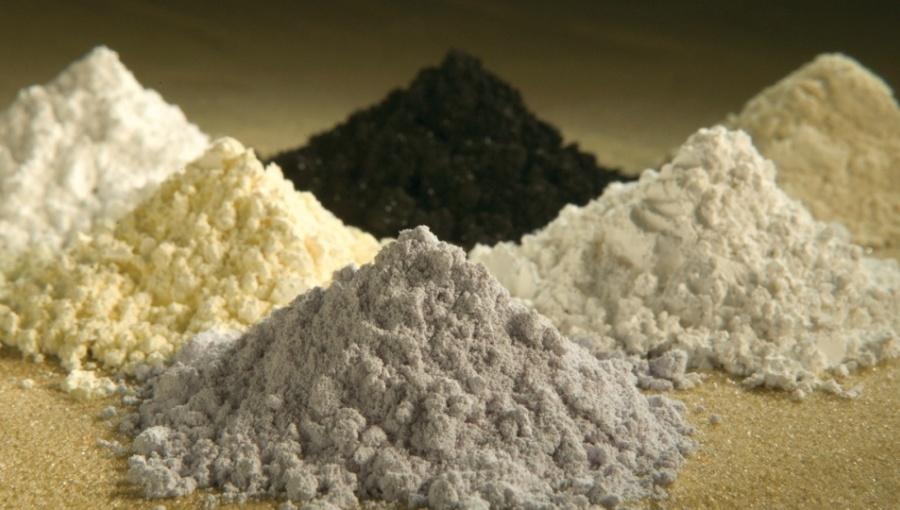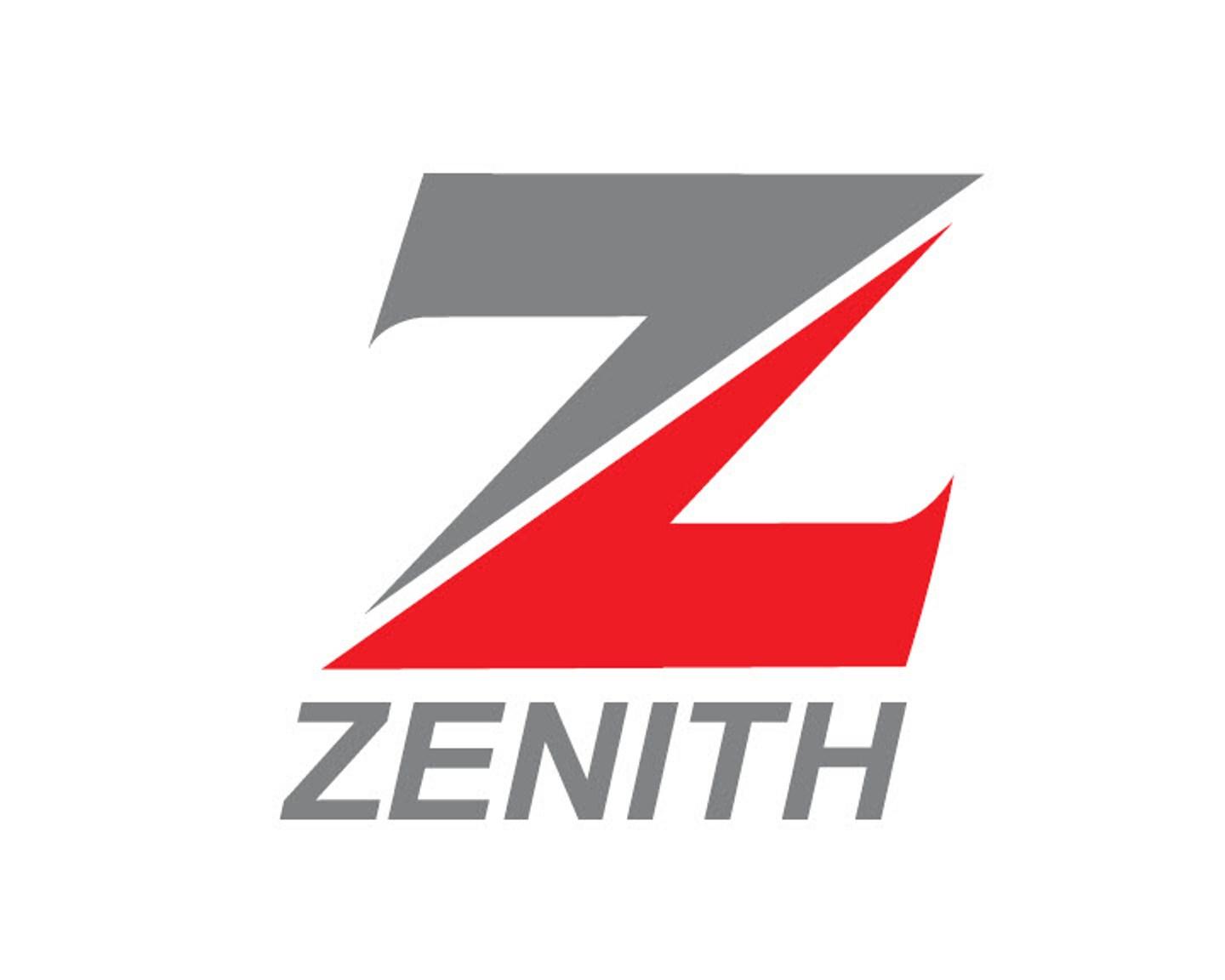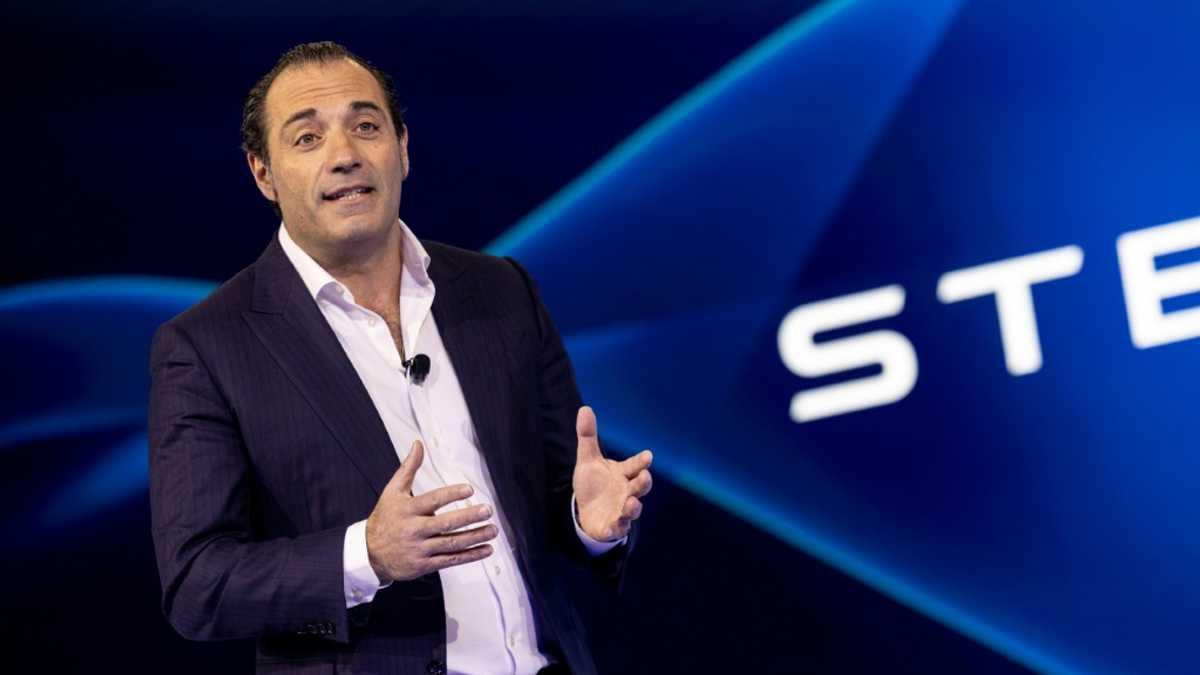
India’s electric vehicle (EV) industry is facing growing concerns after China imposed new export restrictions on rare earth magnets, a move that could disrupt supply chains if delays stretch beyond a month.
Rare earth magnets are small but essential components used in electric and hybrid vehicles, especially in permanent magnet synchronous motors (PMSMs). These motors are preferred in EVs due to their efficiency, high torque, and compact size. While rare earth magnets are relatively inexpensive, they play a crucial role in electric mobility, making any disruption a potential roadblock to India’s EV ambitions.
In April 2025, China introduced stricter export rules for seven rare earth elements and finished magnet products. As the world’s dominant supplier, controlling over 90% of global processing capacity, China now requires exporters to submit detailed paperwork, including proof that the materials won’t be used for defence purposes or re-exported to sensitive destinations like the United States. These new procedures have extended shipment approval times to at least 45 days, causing major delays and growing backlogs.
India is especially vulnerable to this change. The country imported nearly 540 tonnes of rare earth magnets in the last fiscal year, with more than 80% coming from China. By the end of May 2025, about 30 import requests from Indian firms had been endorsed by the Indian government, but none had been cleared by Chinese authorities, effectively freezing supplies.
Automakers usually maintain a 4–6 week inventory of these magnets. If the current delays continue, EV production lines in India may begin to experience shortages by July 2025. Over a dozen new EV models—mostly using PMSM technology—are scheduled for launch in the latter half of the year. A sustained shortage may force automakers to delay launches, scale down production, or shift focus to internal combustion engine (ICE) models, which use fewer rare earth materials.
Crisil Ratings warns that the disruption could derail growth projections for FY26. Passenger vehicle sales are expected to rise 2–4%, with electric models set to grow by 35–40%. Electric two-wheelers were forecast to expand 27%, outpacing the broader 2W market. However, smaller manufacturers with limited suppliers and thin inventories may be hit hardest.
Part of the problem stems from the industry's past overreliance on China. During the Covid-19 pandemic, rare earth magnet supply stayed stable while semiconductor shortages drew more attention. This led to complacency in supply planning. Unlike semiconductors, which have diversified sources, rare earth processing is largely concentrated in China.
In response, automakers are seeking alternative suppliers in Vietnam, Indonesia, Japan, Australia, and the U.S. But establishing dependable supply chains outside China will take time and investment. Meanwhile, companies are prioritising ICE production and postponing lower-priority EV models to conserve stock.
Although rare earth magnets account for less than 5% of a vehicle's cost, they have become a critical point of vulnerability. Manufacturers are rethinking procurement policies, while the Indian government has launched short- and long-term strategies to reduce import dependency. In the short term, authorities are building stockpiles, streamlining port clearances, and encouraging local assembly under existing PLI schemes. Long-term plans include mineral exploration, domestic refining units, and recycling technologies.
These efforts may eventually build a more resilient supply chain, but meaningful change will take time. Until then, India’s EV sector remains exposed to China’s tightening grip on rare earth exports.
Business

Zenith Bank Set to Exit CBN Forbearance by End of June
Zenith Bank Plc, Nigeria’s largest bank by Tier-1 Capital, has confirmed that it will exit the Central Bank of Nigeria’s (CBN) regulatory forbearance by June 30, 2025.

Stellantis Names Antonio Filosa as CEO Amid Sales Challenges
Antonio Filosa will take over as the new CEO of auto giant Stellantis starting June 23, after being unanimously selected by the company’s board.